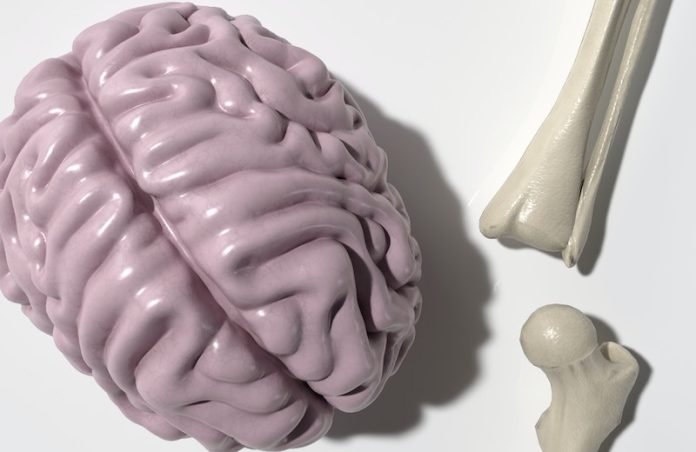
Glioblastoma is a type of brain cancer that is very aggressive and can be hard to treat. Scientists have been trying to figure out how to fight this cancer for a long time.
They have found that glioblastoma cells can turn off a patient’s cancer-fighting immune cells, which is why there are very few effective therapies available for this disease.
However, a new study has found a naturally produced chemical in the body that helps glioblastoma cells go unnoticed by a patient’s immune cells.
The chemical is called quinolinate, and it “puts the brakes” on the surrounding immune cells, which prevents them from attacking the tumor.
This is why immunotherapy drugs have not worked on glioblastoma tumors and why there are currently no available drugs to stop the production of quinolinate.
But, the researchers found that when they created a genetically engineered mouse model that could no longer produce quinolinate, tumors grew significantly slower, and the immune system was able to attack the tumor better.
This is very exciting because it means that researchers may be able to develop new treatments that can target quinolinate accumulation associated with this disease and possibly other diseases too.
The team will continue their research to help identify a compound that may be able to target quinolinate.
The team also plans to extend their findings to other diseases such as Alzheimer’s and Parkinson’s where quinolinate accumulation has been found to be a potential factor as well.
This research could provide a new way to treat glioblastoma and other diseases that have been hard to treat. Scientists are hopeful that their findings will lead to better treatments and help save lives in the future.
How to prevent brain cancer
There is currently no guaranteed way to prevent brain cancer, but there are some things you can do to reduce your risk:
Protect your head from injury: Wear a helmet when participating in sports that have a risk of head injury, such as cycling or skiing. Also, wear your seatbelt in the car and take steps to prevent falls.
Avoid exposure to harmful chemicals: Exposure to certain chemicals and toxins may increase your risk of developing brain cancer. Try to avoid exposure to pesticides, lead, and other toxins in your home and workplace.
Eat a healthy diet: Eating a diet rich in fruits and vegetables may help reduce your risk of developing brain cancer. Also, limit your intake of processed and high-fat foods.
Quit smoking: Smoking increases your risk of developing many types of cancer, including brain cancer. If you smoke, quit as soon as possible.
Limit radiation exposure: Exposure to ionizing radiation is a known risk factor for brain cancer. Limit your exposure to sources of radiation, such as X-rays and CT scans, and talk to your doctor about the risks and benefits of medical procedures that involve radiation.
It is important to remember that brain cancer is relatively rare and that most people who are exposed to these risk factors do not develop the disease. Regular check-ups with your doctor can help catch any potential health issues early on.
If you care about cancer, please read studies that vitamin D is very important for cancer prevention, and how drinking milk affects risks of heart disease and cancer.
For more information about brain health, please see recent studies about antioxidants that could help reduce dementia risk, and Coconut oil could help improve cognitive function in Alzheimer’s.
The study was conducted by Pravin Kesarwani et al and published in Nature Communications.
Copyright © 2023 Knowridge Science Report. All rights reserved.



